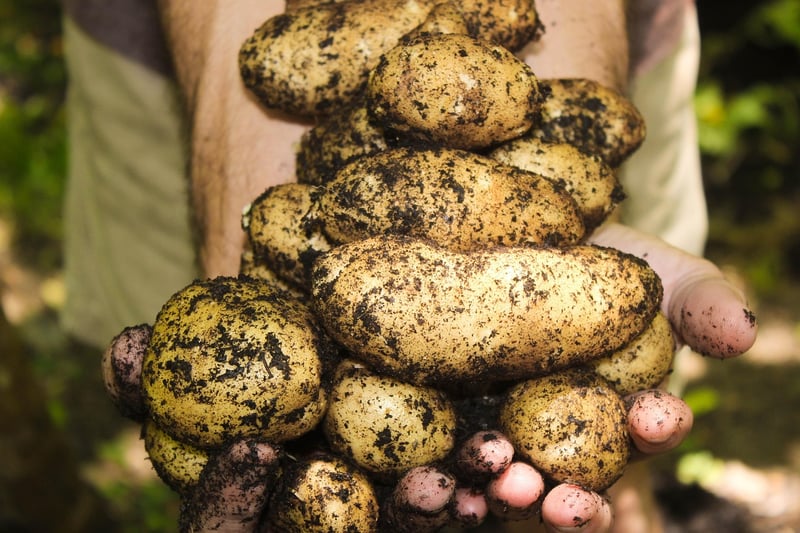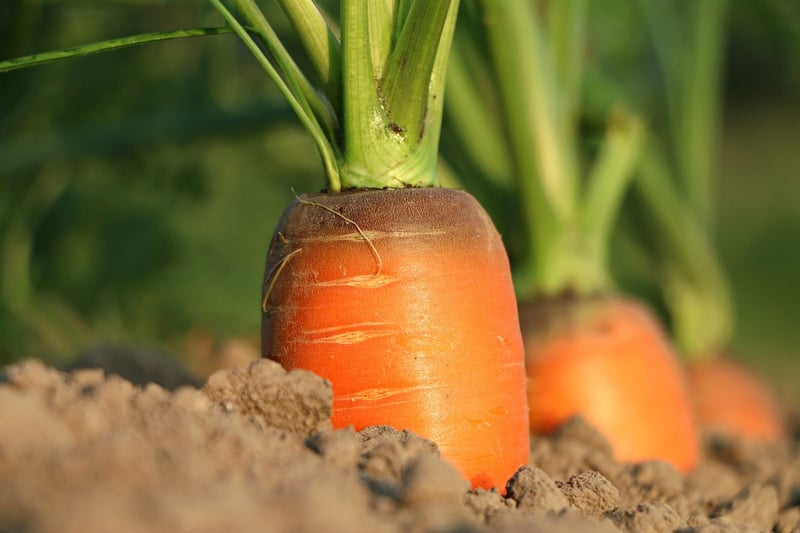Soil Health
Guides for Healthy Plants and Soil Health
Tips for Healthy Plants
Having healthy plants not only adds beauty to your surroundings but also contributes to cleaner air and a healthier environment. Here are some essential tips to ensure your plants thrive:
- Choose the right plants for your environment and care level.
- Provide adequate sunlight based on the plant's requirements.
- Water plants appropriately, avoiding both overwatering and underwatering.
- Fertilize plants regularly with suitable nutrients.
- Prune plants to encourage growth and remove dead or diseased parts.
- Monitor for pests and diseases, taking prompt action if needed.
Soil Health Importance
Healthy soil is the foundation for healthy plants. It provides essential nutrients, water, and support for plant roots. Improving soil health can lead to better plant growth and overall garden success. Here are some factors to consider for soil health:
- Test your soil to understand its composition and pH levels.
- Amend soil with organic matter like compost to improve its structure and fertility.
- Avoid compaction by not walking or placing heavy objects on soil frequently.
- Rotate crops to prevent nutrient depletion and reduce disease incidence.
- Mulch soil to retain moisture, suppress weeds, and regulate soil temperature.
- Avoid using synthetic chemicals that can harm soil organisms and disrupt the ecosystem.
Conclusion
By following these guidelines for healthy plants and maintaining soil health, you can create a thriving garden that benefits both you and the environment. Remember to observe your plants regularly, make adjustments as needed, and enjoy the process of nurturing your green space!
For more information on plant care and soil health, you can visit Gardening Know How.


